Mouse TNF-alpha Bioactive Protein Product Attributes
Product Type: Bioactive Protein
Recombinant TNF-alpha based upon sequence from: Mouse
Host: QP10470 protein expressed in E. coli.
Tag: Untagged
Protein Construction: A DNA sequence encoding the Mouse TNF-alpha, was expressed in the hosts and tags indicated. Please select your host/tag option, above.
Application Notes: Please contact us for application specific information for QP10470.
Bioactivity Data: Equivalent or superior bioactivity to competitors. Data available upon request. The ED50 as determined by a cytotoxicity assay using murine L929 cells is less than 0.1 ng/ml, corresponding to a specific activity of > 1.0 × 107 IU/mg in the presence of actinomycin D.
Full Length? Partial (see sequence information for more details).
Amino Acid Sequence: MLRSSSQNSS DKPVAHVVAN HQVEEQLEWL SQRANALLAN GMDLKDNQLV VPADGLYLVY SQVLFKGQGC PDYVLLTHTV SRFAISYQEK VNLLSAVKSP CPKDTPEGAE LKPWYEPIYL GGVFQLEKGD QLSAEVNLPK YLDFAESGQV YFGVIAL
Purity: Greater than 98% as determined by SDS-PAGE and HPLC.
Reconstitution Instructions:
Concentration of Mouse TNF-alpha Protein: Lyophilized. Concentration determined by reconstitution volume.
Endotoxin Levels: Less than 1.0 EU/ug as determined by LAL method.
Buffer: 0.2 um filtered PBS, pH 7.2, lyophilized
Storage Conditions: Store at -20C to -80C.
| Recombinant Mouse TNF-alpha Protein General Information | |
|---|---|
| Alternate Names | |
| TNF-alpha; Tnfa; Tnfsf1a; Tnlg1f; TNF-a; DIF; TNF-alpha; TNFalpha; TNFSF2 | |
| Curated Database and Bioinformatic Data | |
| Gene Symbol | TNF |
| Entrez Gene ID | 21926 |
| Ensemble Gene ID | ENSMUSG00000024401 |
| RefSeq Protein Accession(s) | NP_001265530.1 |
| RefSeq mRNA Accession(s) | NM_001278601.1, NM_013693.3 |
| UniProt ID(s) | P06804 |
| UniGene ID(s) | Mm.1293 |
| COSMIC ID Link(s) | TNF |
| KEGG Gene ID(s) | mmu:21926 |
| General Description of Recombinant Mouse TNF-alpha Protein. | |
| Cytokine that binds to TNFRSF1A/TNFR1 and TNFRSF1B/TNFBR. It is mainly secreted by macrophages and can induce cell death of certain tumor cell lines. It is potent pyrogen causing fever by direct action or by stimulation of interleukin-1 secretion and is implicated in the induction of cachexia, Under certain conditions it can stimulate cell proliferation and induce cell differentiation.; The TNF intracellular domain (ICD) form induces IL12 production in dendritic cells. | |
Limitations and Performance Guarantee
This is a life science research product (for Research Use Only). This product is guaranteed to work for a period of two years when stored at -70C or colder, and one year when aliquoted and stored at -20C.

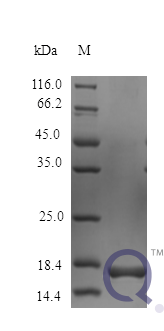


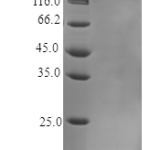
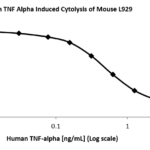
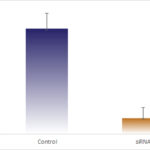
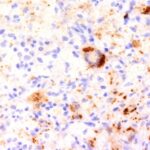
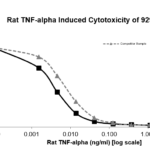
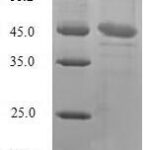
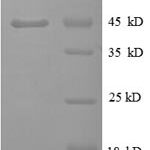
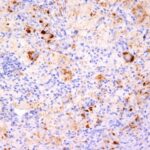
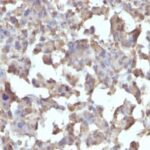
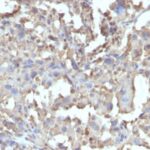
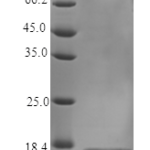
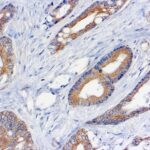

There are no reviews yet.